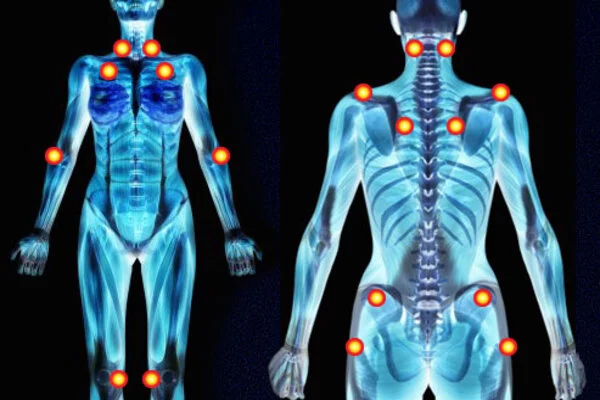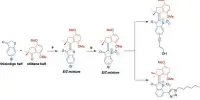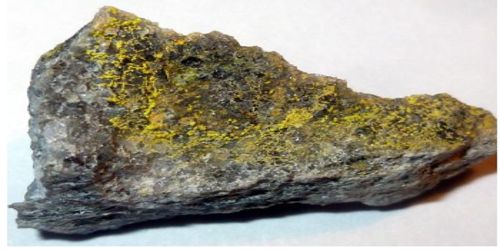The use of molecular hydrogen as a treatment for chronic pain is a relatively new concept that is currently being studied in the field of medicine. Some studies suggest that hydrogen-rich water can reduce inflammation and oxidative stress, which are believed to play a role in the development of chronic pain.
In animal models, researchers show that water enriched with hydrogen molecules (H2) improves neuropathic pain symptomatology and related emotional disturbances. Researchers from the Hospital de la Santa Creu I Sant Pau Research Institute (IIB Sant Pau) and the Universitat Autnoma de Barcelona demonstrate in animal models that water enriched with hydrogen molecules (H2) improves the symptomatology of neuropathic pain and related emotional disturbances in an article published in the journal Antioxidants.
This treatment can alleviate not only the pain caused by a nerve injury but also the states of anxiety and depression that accompany it, which would substantially improve the patient’s quality of life.
Olga Pol
Chronic pain affects 20% of the Spanish population, and neuropathic pain affects between 7% and 10%. This condition, which is primarily caused by nerve damage, causes people to experience intense and constant pain. Treatments are scarce and frequently have a large number of side effects that impair patients’ quality of life. As a result, the Molecular Neuropharmacology research group at the Sant Pau Biomedical Research Institute and the UAB Institute of Neurosciences, led by Olga Pol, is looking for new therapeutic options to help people suffering from it.
In a new study published in the journal Antioxidants, they investigated the effects of giving water enriched with hydrogen molecules to mice models of neuropathic pain, a treatment that has previously shown positive effects in neurological disorders such as Alzheimer’s disease and depression. Because of its analgesic and anti-inflammatory properties, as well as its anxiolytic and antidepressant properties, the results point to this strategy as a very promising candidate for the treatment of neuropathic pain and associated emotional disorders.

“This treatment can alleviate not only the pain caused by a nerve injury but also the states of anxiety and depression that accompany it, which would substantially improve the patient’s quality of life. This is important because it can allow more effective and global treatment of neuropathic pain with fewer side effects,” explains Olga Pol.
The treatment was administered to mice via injection in the study, but other routes, such as oral administration, will be tested in the future. The next steps will be to investigate how the treatment works in animal models of pain associated with chemotherapy, because cancer patients frequently present with neuropathic pain as a side effect of the treatment, as well as evaluate its effects on the memory and emotional deficits that these same patients can suffer from.
However, more research is needed to confirm the effectiveness of this approach and to determine the optimal method of administering hydrogen for pain relief. At this time, molecular hydrogen is not widely accepted as a standard treatment for chronic pain, and it is not recommended as a substitute for established treatments such as medication or physical therapy.
















